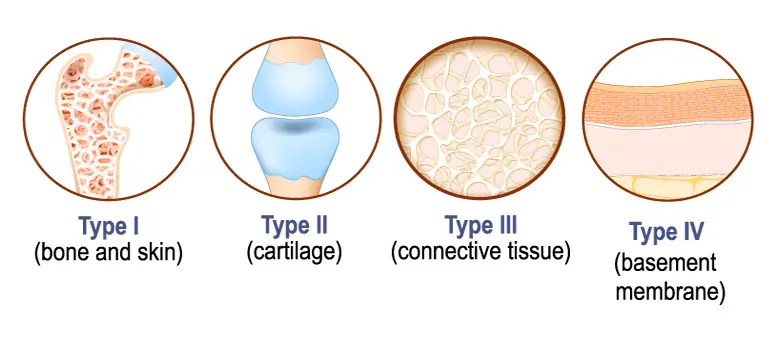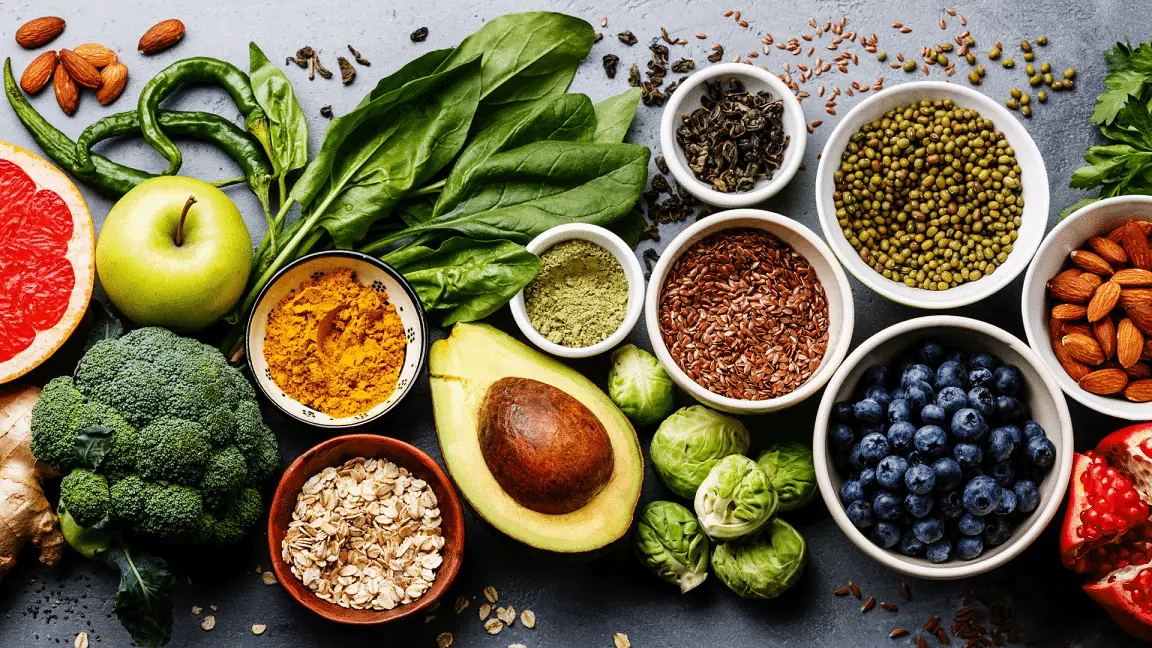
10 Brilliant and Budget-Friendly Pet Hacks to Make Life Easier
Caring for pets doesn’t have to be expensive or stressful—these 10 easy hacks make life better for you and your furry friends!
A strong immune system is your body’s frontline defense against infections caused by bacteria, viruses, and parasites. While eating well supports immunity, some popular foods and drinks may unintentionally weaken your body’s natural protection. Understanding these can help you make smarter choices to stay healthier year-round.
Dr. Pawan Kumar Goyal, Senior Consultant – Internal Medicine at Fortis Hospital, Salimar Bagh, New Delhi, shares expert insights on foods that may impair immune function and practical tips to boost your immunity naturally.
1. Excessive Sugar Intake
Consuming high amounts of sugar can significantly suppress the immune system. Research published by the National Library of Medicine shows that excess sugar reduces the ability of white blood cells to destroy harmful bacteria and viruses. This compromises your body’s infection-fighting capability, leaving you more vulnerable to illnesses.
Tip: Reduce added sugars found in sodas, sweets, and processed foods to help keep your immune cells active and effective.
2. Processed Foods High in Sodium and Unhealthy Fats
Processed foods often contain excessive sodium, artificial preservatives, and unhealthy fats such as trans fats. These components promote chronic inflammation, a condition that undermines immune defenses and contributes to diseases like heart disease and diabetes.
Tip: Opt for whole, minimally processed foods rich in natural nutrients instead.
3. High Alcohol Consumption
Regularly drinking large amounts of alcohol impairs immune response, reducing your body's ability to fight infections. Alcohol disrupts the balance of gut bacteria and weakens immune organs, increasing susceptibility to illnesses.
Tip: Practice moderation—limit intake to one drink per day for women and two for men, or consider abstaining to improve immunity.
4. Fried Foods and Oxidative Stress
Frequent consumption of fried foods generates oxidative stress and inflammation, which can weaken immune function. These foods are also often calorie-dense and nutrient-poor.
Tip: Choose cooking methods like baking, grilling, or steaming to reduce harmful compounds and support immune health.
5. Trans Fats Found in Fast and Baked Goods
Trans fats, common in many fast foods and baked treats, have been linked to reduced immune function and increased inflammation.
Tip: Read labels and avoid foods with “partially hydrogenated oils” to limit trans fat intake.
6. Excessive Sodium
High sodium intake elevates blood pressure and can impair immune cell function. Processed snacks and restaurant foods are major sodium sources.
Tip: Aim for less than 2,300 mg sodium daily by choosing fresh ingredients and limiting salt added during cooking.
7. Highly Refined Grains
Refined grains lack fiber and essential nutrients, leading to imbalances in gut microbiota that are critical for immune health.
Tip: Replace white bread and pasta with whole grains like brown rice, quinoa, or whole wheat.
8. Too Much Caffeine
Excessive caffeine disrupts sleep quality, which is essential for optimal immune function. Poor sleep increases susceptibility to infections and inflammation.
Tip: Limit caffeine, especially later in the day, and opt for herbal teas or water to stay hydrated.
How to Boost Your Immune System Naturally
Beyond avoiding immune-suppressing foods, adopting healthy lifestyle habits enhances your body's defenses:
1. Eat a Balanced, Nutrient-Rich Diet
Include plenty of vegetables, fruits, whole grains, lean proteins, healthy fats, and antioxidant-rich foods to nourish your immune cells.
2. Stay Hydrated
Drinking sufficient water daily supports all bodily functions, including immune response.
3. Exercise Regularly
Moderate-intensity physical activity boosts circulation, reduces inflammation, and enhances immune surveillance.
4. Prioritize Quality Sleep
Aim for 7 to 8 hours of restful sleep to help your body repair and maintain immune function.
5. Manage Stress Effectively
Chronic stress elevates cortisol, a hormone that suppresses immune responses. Incorporate stress-relief practices such as meditation, deep breathing, or yoga.
The Connection Between Weight and Immunity
Maintaining a healthy weight is important, as obesity can promote chronic inflammation and impair immune responses. Balanced nutrition and regular exercise help prevent weight-related immune suppression.
Final Thoughts
Your immune system thrives on a foundation of wholesome nutrition and healthy habits. By limiting sugar, processed foods, and other immune-damaging substances—and embracing balanced eating, movement, and rest—you can strengthen your body’s natural defenses.

Caring for pets doesn’t have to be expensive or stressful—these 10 easy hacks make life better for you and your furry friends!

Certain foods can naturally help your body fight parasites while a holistic approach offers personalized care.

Feeling stuck in a rut? It’s time to reclaim your motivation and unlock your full potential.

Master the art of home cleaning by knowing exactly what to clean—and when—to keep your living space fresh and organized effortlessly.

Discover the fascinating story behind collagen types and how they support your body’s health and beauty.

Beat the heat with these nutritious and delicious beverages perfect for tropical climates and sunny days.

Master your cleaning routine by knowing exactly what tasks to tackle—and when—to keep your home fresh and inviting all year round.

Incorporate these nutrient-packed foods into your diet to maintain electrolyte balance and promote optimal health.

Hormones play vital roles in regulating your body’s functions, affecting both physical and mental well-being.

Understanding the wide-ranging effects of sugar can help you make healthier choices and protect your well-being.

Discover how vinegar’s versatility can simplify cleaning, pest control, and even personal care in your daily life.

Discover easy homemade vinaigrette recipes that add a burst of freshness and zest to your meals.

Discover simple, effective ways to clean and care for your jewelry at home—no expensive trips needed!

Learn simple daily routines that calm inflammation and help protect your body from chronic diseases.

Never let a missing ingredient stop your baking — discover reliable swaps for spices, liquids, flours, and more!

Discover how the perfect marinade can transform simple salmon into a flavorful culinary delight.

Keep your plants thriving by understanding common signs of deficiencies and how to effectively treat them.

Learn how syncing your vitamin intake with meals and your daily schedule can improve nutrient absorption and boost your health

Discover houseplants that require minimal sunlight and are perfect for darker corners, offices, or rooms with limited natural light.




Caring for pets doesn’t have to be expensive or stressful—these 10 easy hacks make life better for you and your furry friends!

Certain foods can naturally help your body fight parasites while a holistic approach offers personalized care.


A woman’s kind act at T.J. Maxx helps a homeless woman with jeans, thanks to a caring program. Read the story! ❤️🛍️


Feeling stuck in a rut? It’s time to reclaim your motivation and unlock your full potential.

Barbie said David often expresses his love through acts of service and gift-giving.

Feeling invisible in a crumbling marriage, Jennifer plans a surprise getaway for her husband, only to face heartbre@king betrayal. Read how she finds strength and starts anew.

After years of struggle, a young couple finally secures their dream apartment—only to face unexpected family pressure. Discover how standing up for their new home becomes a powerful journey of independence and self-respect.

Tiana's life unravels when she notices a birthmark on her best friend Melisa's adopted son that's identical to the one her deceased son had. As she struggles to understand this impossible coincidence, Tiana uncovers a harrowing truth.

A runaway bride escapes an abu$ive wedding only to uncover a cr:u:el family plot. With unexpected help, she f!ghts for her future and reclaims her life in this gripping, emotional journey of betrayal and hope.



Phoemela’s career began in the world of modeling at just 14 years old. She joined the Pink Soda Club at 13, which paved the way for numerous projects, including commercials locally and internationally.

As of this time, Jimuel has not made any public statements regarding his alleged new romance.


Homemade amla hair oil is more than a traditional remedy - it's a holistic approach to hair wellness that integrates powerful nutrients, herbal wisdom, and practical care.